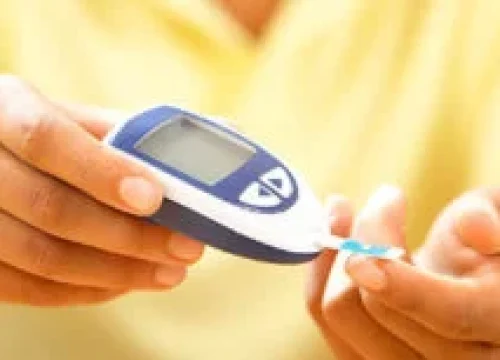Symptoms of type 1 diabetes can occur rapidly while type 2 diabetes may not have symptoms for a long period. Common symptoms include need to urinate frequently, frequent hunger or thirst, blurred vision, tired feeling, wounds that heal slowly and rapid weight loss.
Studies showed about 11% of people with Pre diabetes developed type 2 diabetes each year during an average three years of follow-up. Simply put about 60-70 % of Pre diabetics will develop full-blown diabetes in future.What is type 1 diabetes?
Type 1 diabetes is a form of diabetes that results from total destruction of insulin producing beta cells of the pancreas. The subsequent complete lack of insulin leads to increased blood sugar levels (alarmingly high most of the time). This condition used to be called Insulin Dependent Diabetes Mellitus (IDDM) in the past since people with Type 1 Diabetes absolutely require insulin for their survival.

